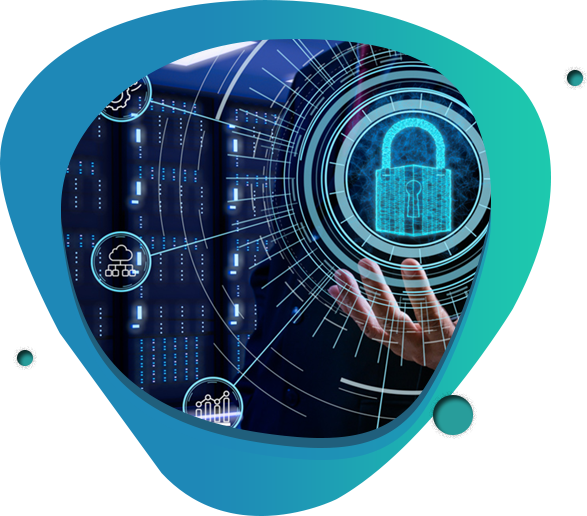Close
Close
ISO/IEC 27001 is an internationally recognized information security management system (ISMS) standard. It defines the requirements an ISMS must meet to ensure the confidentiality, integrity, and availability of information within a company. The standard guides organizations of any size and across all sectors on establishing, implementing, maintaining, and continually improving an ISMS.
The main philosophy of ISO/IEC 27001 is based on a process for managing risks. This involves identifying and systematically treating potential security risks by implementing security controls. These controls can be technological, organizational, physical, and human-related, and they aim to reduce risks to acceptable levels.
ISO/IEC 27001 requires a company to list all controls to be implemented in a document known as the Statement of Applicability. Moreover, the standard requires cooperation among all sections of an organization. It includes details for documentation, management responsibility, internal audits, continual improvement, and corrective and preventive action.
Compliance with ISO/IEC 27001 means that an organization has established a system to manage risks related to the security of data owned or handled by the company. This system respects all the best practices and principles enshrined in this International Standard.</p?
ISO/IEC 27001 certification is recognized worldwide and helps organizations protect their critical information assets and comply with applicable legal and regulatory requirements. It can also help reduce the costs associated with data breaches.

No single entity can force an organization to deploy ISO/IEC 27001. The decision to pursue ISO/IEC 27001 certification is generally voluntary by an organization. However, external drivers may prompt this decision, such as requirements from clients or regulatory bodies or as part of a contractual obligation.
ISO/IEC 27001 is recommended because it helps organizations systematically manage and mitigate the risks associated with information security. This is done by identifying potential security risks and systematically treating them by implementing security controls. These controls can be technological, organizational, physical, or human-related, aiming to reduce risks to acceptable levels.
The main functions of ISO/IEC 27001 include establishing, implementing, maintaining, and continually improving an ISMS, conducting regular internal audits, and ensuring compliance with the standard’s requirements. The standard also encourages a culture of continual improvement, which helps organizations stay updated with changing security threats.
The benefits of deploying ISO/IEC 27001 are manifold. It helps organizations protect their critical information assets, comply with applicable legal and regulatory requirements, and can also help reduce the costs associated with data breaches. It provides a systematic and comprehensive approach to managing information security risks, which can increase organizational resilience.
Regarding sales marketing, ISO/IEC 27001 certification can be beneficial. It serves as a globally recognized mark of security excellence, which can increase trust and confidence among existing and potential clients. This can be especially important in industries where handling sensitive data is a key part of the business, such as IT, healthcare, finance, and government services. The certification can also give a competitive advantage over businesses that do not have such a certification.